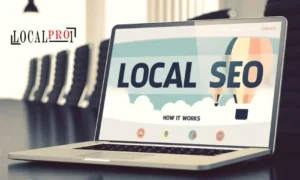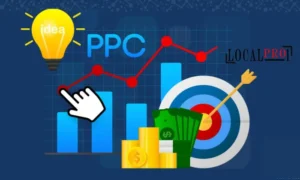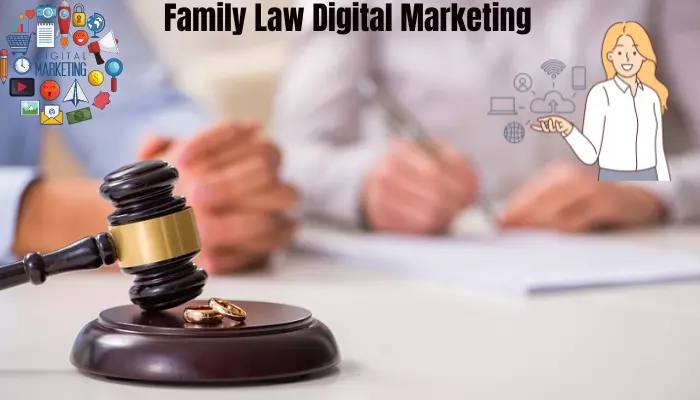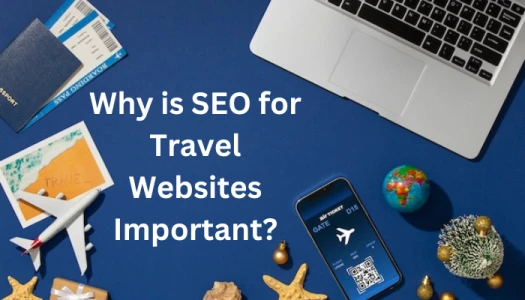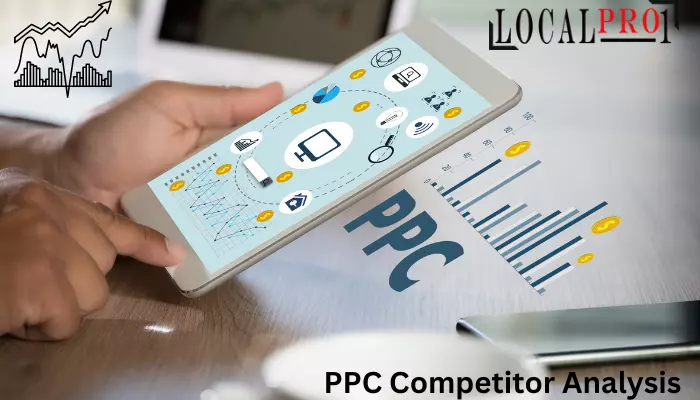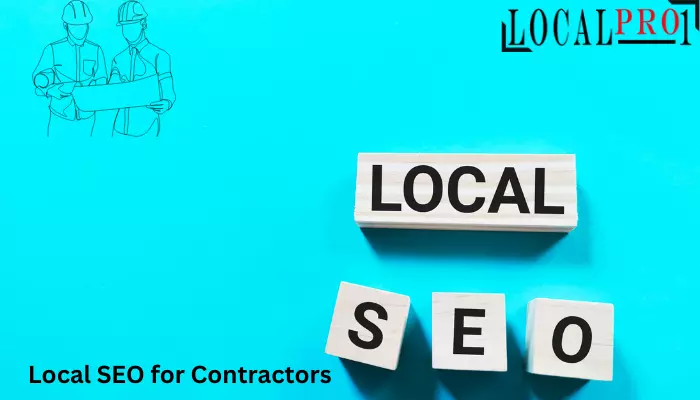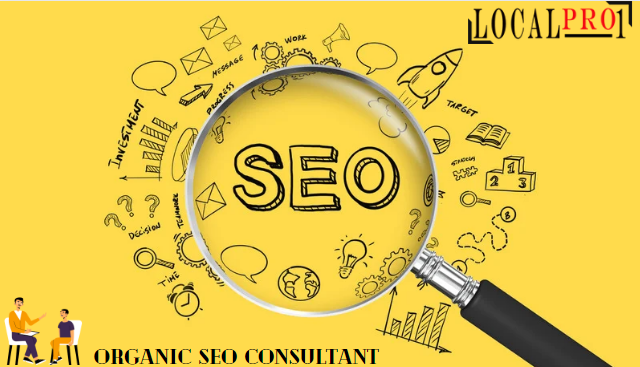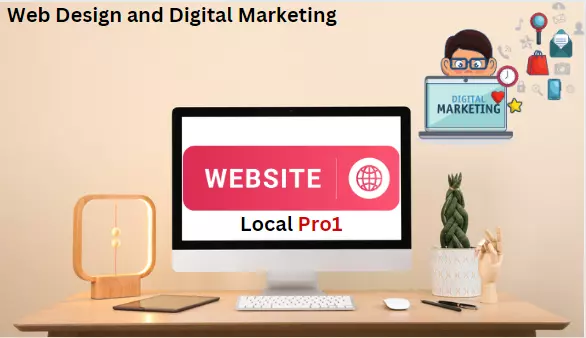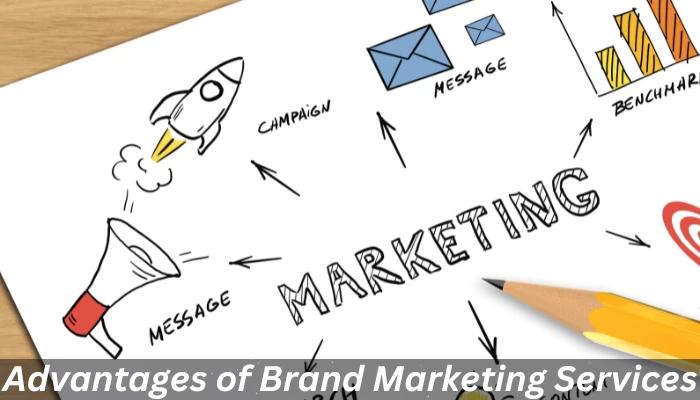SEO for Medical Practices Primelis| Mastering Digital Presence
SEO for medical practices Primelis involves strategies aimed at improving a practice’s online visibility, ranking, and overall presence in search engine results. Primelis, as an SEO agency, specializes in optimizing digital strategies for medical entities to enhance their online performance.
What is SEO for Medical Practices Primelis?

SEO for medical practices primelis involves optimizing a healthcare provider’s website to improve its visibility and rankings on search engines like Google. Primelis, as an agency, likely employs various strategies tailored specifically for medical services.
Fundamentals of Medical SEO:
Website Optimization: Ensuring the website is user-friendly, mobile-responsive, and loads quickly.
Keyword Research: Identifying relevant keywords (like medical services, treatments, and specialties) that potential patients might use in their searches.
Content Optimization: Creating high-quality, informative, and relevant content around these keywords to attract and engage visitors.
Local SEO: Optimizing for location-based searches to target patients in specific areas.
Importance of Targeted Keywords and Content Optimization:
Using targeted keywords strategically within the website’s content, meta tags, headings, and descriptions helps search engines understand the site’s relevance to user queries. Content optimization involves creating valuable, accurate, and authoritative content that addresses patients’ needs and concerns.
On-Page SEO Strategies:
Title Tags & Meta Descriptions: Optimizing these elements with targeted keywords.
Quality Content Creation: Developing informative articles, blog posts, and FAQs related to medical services.
Optimized URLs: Creating clean and descriptive URLs for each page.
Internal Linking: Linking relevant pages within the site for better navigation.
Off-Page SEO Strategies:
Link Building: Acquiring quality backlinks from reputable medical sites, directories, and healthcare-related platforms.
Social Media Engagement: Leveraging social media to share content, engage with patients, and drive traffic to the website.
Online Reviews & Reputation Management: Encouraging positive reviews and managing the healthcare provider’s online reputation.
Specific Approaches by Primelis for Medical SEO:
Primelis may implement specialized tactics tailored for medical practices, such as:
HIPAA Compliance: Ensuring the website complies with healthcare data privacy laws.
Local Listings and Directories: Optimizing listings on healthcare directories and local search platforms.
Structured Data Markup: Using schema markup to enhance search engine understanding of medical content.
Patient Education: Creating content that educates patients about medical procedures, conditions, and treatments.
Why is SEO Important for Medical Practices and Services?

Enhancing Online Visibility for Medical Practices:
Visibility: Improved SEO helps medical practices rank higher in search engine results, making them more visible to potential patients seeking medical services online.
Credibility: Higher rankings often correlate with trust and credibility. Patients tend to trust and choose services that appear at the top of search results, which is facilitated by effective SEO strategies.
Increasing Patient Engagement and Trust through SEO:
Content Quality: SEO encourages the creation of high-quality, informative content. This educates patients, establishing the practice as an authority in the medical field.
User Experience (UX): SEO focuses on optimizing websites for a better user experience, which enhances engagement and encourages visitors to spend more time on the site. This contributes to trust-building.
Importance of Local SEO for Medical Services:
Geotargeting: Local SEO tactics help medical practices target patients in their specific geographic location. This is crucial as patients often search for medical services nearby.
Google My Business: Optimizing for local SEO includes creating and managing a Google My Business profile, which helps practices appear in local map searches and provides essential information to potential patients.
Analyzing the Impact of SEO on Patient Acquisition for Medical Practices:
Measurable Results: Through analytics tools, medical practices can track the impact of SEO efforts on website traffic, patient inquiries, and appointments booked via online channels.
Improved Conversion: Effective SEO strategies can lead to higher conversion rates, as optimized websites are more likely to attract patients seeking specific medical services.
How to Implement SEO for Medical Practices
Keyword Research for Medical Services:
Identify Relevant Keywords: Use tools like Google Keyword Planner, SEMrush, or Ahrefs to find keywords related to medical services, treatments, and specialties.
Consider Intent: Understand user search intent (informational, transactional, navigational) to align keywords with the content you offer.
Long-Tail Keywords: Include specific, longer phrases that potential patients might search for, like “pediatric dentist in [your location].”
Optimizing Website Content and Structure for SEO:
On-Page Optimization: Optimize meta titles, descriptions, headers, and content with chosen keywords while ensuring readability and relevance.
Mobile Optimization: Ensure your website is mobile-friendly for better user experience and ranking.
Quality Content: Create informative, engaging content related to medical services, FAQs, blog posts, and patient education materials.
Utilizing Local SEO Strategies:
Google My Business: Claim and optimize your Google My Business listing with accurate NAP (Name, Address, Phone Number), business hours, photos, and reviews.
Local Keywords: Include location-specific keywords in your content and meta tags (e.g., “cardiologist in [your city]”).
Local Directories: List your practice on local directories and healthcare-specific platforms.
Measuring and Analyzing SEO Performance:
Google Analytics: Track website traffic, user behavior, and conversions.
Google Search Console: Monitor site performance, fix issues, and understand how your site appears in Google search results.
Rank Tracking Tools: Monitor keyword rankings to assess your website’s visibility for specific search terms.
Local SEO Tools: Use tools like Moz Local or BrightLocal to track local search performance and manage listings.
Additional Tips:
Patient Reviews: Encourage and manage patient reviews on platforms like Google, Yelp, or Healthgrades.
Schema Markup: Implement structured data to help search engines understand your content better.
Site Speed Optimization: Ensure fast loading times for better user experience and SEO rankings.
Regular Updates: Stay updated with SEO trends and algorithms to adapt your strategy accordingly.
Advantages of SEO for Medical Practices Primelis
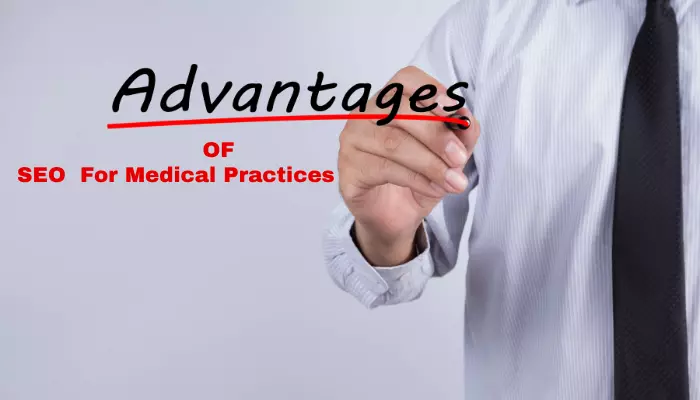
Improved Search Engine Rankings: SEO helps optimize your medical practice website to rank higher on search engine results pages (SERPs) for relevant keywords. This means more visibility when potential patients search for medical services, increasing the likelihood of them finding and choosing your practice. If you want professional SEO services LocalPro1 Provides the best SEO services as you dreamed of.
Enhanced Online Presence and Brand Visibility: By implementing SEO strategies, your medical practice can establish a stronger online presence. This involves creating informative, engaging content, optimizing your website structure, and ensuring easy accessibility across various devices. This heightened visibility not only attracts more patients but also builds trust and credibility for your brand.
Increased Patient Acquisition and Appointment Bookings: A well-optimized website that ranks high on search engines attracts more qualified traffic. This means individuals actively seeking medical services are more likely to discover your practice. As a result, you’ll see an increase in inquiries, appointment bookings, and patient acquisitions.
Long-Term Benefits and ROI: Investing in SEO for medical practices offers long-term benefits. Unlike some forms of advertising that require ongoing investment, SEO efforts, when done effectively, can yield lasting results. Once your website ranks well for relevant keywords, it continues to attract organic traffic without substantial ongoing costs. This results in a higher return on investment (ROI) over time.
Conclusion
Implementing SEO strategies for medical practices, like those offered by Primelis, proves highly advantageous. It improves search engine rankings, amplifies online visibility, boosts patient acquisition, and ensures a long-term return on investment. This digital marketing approach not only enhances the practice’s online presence but also facilitates easier accessibility for potential patients seeking medical services. Feel free to contact us for any type of query or the services related to SEO for medical practices primelis.
FAQs
What Is Seo, And How Does It Benefit Medical Practices?
SEO (Search Engine Optimization) involves strategies to improve a website’s visibility on search engines. For medical practices, SEO enhances online presence, attracts more patients, and increases appointments by ensuring higher rankings on search results pages.
Why Is Seo Crucial Specifically For Medical Practices?
SEO for medical practices is essential as it helps patients find the practice when searching for medical services online. It ensures visibility among competitors and establishes credibility, leading to increased patient trust and appointments.
What Services Does Primelis Offer For Seo In Medical Practices?
Primelis specializes in tailoring SEO strategies for medical practices. Their services may include keyword optimization, content creation, website structure enhancements, local SEO, and ongoing analysis to improve search engine rankings.
How Long Does It Take To See Results From Seo Efforts For Medical Practices?
SEO is a long-term strategy. While some improvements may be noticed in a few months, significant results often take several months to a year. Primelis employs effective tactics that gradually enhance a practice’s online visibility for sustained growth.
Is Seo A One-Time Effort, Or Does It Require Ongoing Maintenance?
SEO is an ongoing process. Primelis focuses on continual optimization, adapting strategies to evolving search engine algorithms and competitive landscapes. Regular updates and adjustments are vital for maintaining and improving rankings.
Can Seo Help A Medical Practice In A Specific Location Or Region?
Absolutely. Local SEO is crucial for medical practices targeting patients in a specific area. Primelis specializes in optimizing online presence to ensure higher visibility for local searches, aiding in attracting nearby patients.
Our Services
Our Latest Posts
PPC White Label Services by Local Pro1 | Expert Solutions
PPC White Label Services by Local Pro1 | Expert Solutions...

